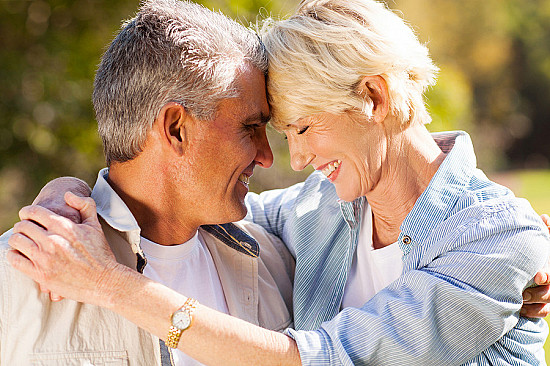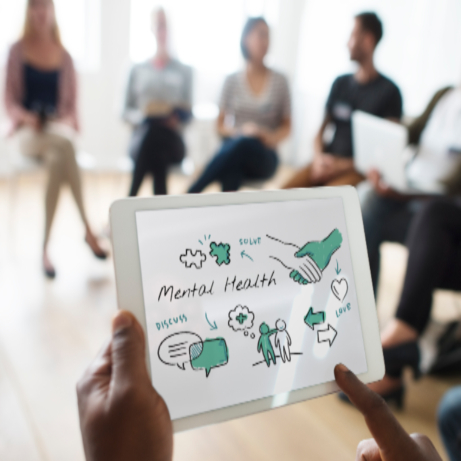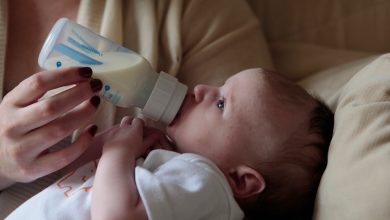Disadvantages of Coffee

Coffee may seem like an essential part of every morning, but too much of it can have negative effects on your health and your quality of life. Here are five reasons why you should stop drinking coffee immediately.
Or, if you’re not ready to give up coffee entirely, consider cutting back so that you can live longer and healthier. Here, read about mocha vs latte.
Caffeine isn’t great for your health
Too much caffeine can make you anxious, jittery, nauseous, give you a headache and put you at an increased risk for diabetes.
Too much caffeine also has been linked to low birth weight babies if consumed by pregnant women. In addition, too much coffee is bad for your teeth and bones. Caffeine inhibits calcium absorption in your body (especially when combined with dairy) which weakens your teeth and bones over time.
If you’re trying to drink less coffee but don’t want to go cold turkey try switching from black coffee to herbal teas like chamomile or green tea which are naturally caffeine free.
Also Read: Disposable Vape
For people who are sensitive to caffeine and it negatively impacts their sleep or other health conditions, it’s important to stop drinking coffee gradually.
Stopping too quickly can result in caffeine withdrawal symptoms like headaches, nausea and vomiting.
To wean yourself off of coffee, start by reducing your intake by one cup a day for a week then switch from caffeinated drinks like coffee and tea to decaffeinated versions. Reducing your caffeine consumption slowly will help you avoid those nasty side effects.
Coffee disrupts sleep patterns
A study published in The American Journal of Clinical Nutrition found that coffee can interfere with sleep cycles. So if you want a good night’s rest, skip your morning cup of joe. Coffee causes jitters
A 2010 Harvard School of Public Health study found that men who drank more than three cups per day were more likely to develop heart disease and/or type 2 diabetes.
Too much caffeine gives you headaches: As we age, our bodies become less effective at breaking down caffeine.
Caffeine has a reputation for keeping us awake, but what many people don’t realize is that, in large enough doses, it can actually disrupt our sleep cycle.
To fall asleep and stay asleep throughout the night, we need two things: a place to lay down (our bed) and a regular sleeping schedule.
Caffeine messes with both of these things by causing insomnia—and when you can’t fall asleep, it causes you to go into sleep debt, which leads you to feel even more tired than normal.
Consuming too much caffeine can cause anxiety
Research suggests that too much caffeine can bring on anxiety and panic attacks in people who are sensitive to it. Try drinking less coffee or switching to a lighter-roast variety if you’re experiencing these symptoms.
When you do drink coffee, get your caffeine from naturally occurring sources like green tea, which have a milder effect than coffee or energy drinks.
If you prefer black tea or coffee, skip creamers and sugar and add honey instead—the small amount of natural sugar in honey may be better for your blood sugar levels than artificial sweeteners.
One of caffeine’s most significant drawbacks is its tendency to cause anxiety. Caffeine works by increasing your blood flow, which makes you feel more alert. Best Coffee Filter Substitutes
Unfortunately, caffeine can also lead to heart palpitations and elevated blood pressure — both symptoms of anxiety. So, if you already have an anxiety disorder or are especially sensitive to stimulants like caffeine, these side effects could lead to a serious decline in your mental health.
Caffeine can negatively affect certain medications
Caffeine can affect your heart if you’re taking certain medications, such as blood pressure medications. Some research has shown that caffeine may also cause irregular heart rhythms in some people and make chronic conditions worse.
If you have a chronic condition like high blood pressure or diabetes, or if you take any prescription medication, talk with your doctor about how much caffeine is safe for you to consume. You may need to cut back on caffeine intake or eliminate it from your diet entirely.
Some people are caffeine intolerant
To be clear, that doesn’t mean these folks won’t feel any effects from it (they will) or that caffeine will make them sick (it won’t).
Rather, these folks are unable to metabolize caffeine at all and their bodies experience symptoms similar to those who drink too much coffee just like Chemex vs V60.
Most scientists believe that those who are intolerant produce an inadequate amount of a certain liver enzyme called cytochrome P450 1A2, which is necessary for breaking down caffeine.
To determine if you’re one of them, try removing your morning cup(s) of Joe for several days and see if you notice a difference in your energy level or ability to focus when you don’t consume caffeine.
The Bottom Line
There’s no clear-cut evidence that coffee is bad for you, but it’s not great for you either. If you want to be sure, limit your intake of caffeinated drinks (yes, even decaf) and avoid adding milk or other sugars to your cup.
And if you really want to take it a step further, talk with your doctor about how much caffeine may be too much for you. Whether or not you decide to give up java, being conscious of what goes into your drink is a good place to start.
There are a few potential downsides. Besides dehydration, your body can get addicted to caffeine and experience withdrawal symptoms when you suddenly stop using it.
It’s also been linked with an increased risk of high blood pressure, although studies are mixed on whether or not it causes long-term problems.
And even though coffee is considered safe during pregnancy, consuming too much caffeine may cause symptoms such as dizziness and jitteriness that might lead you to lie down — but lying down can put pressure on your belly, which isn’t good for baby.
Talk with your doctor about how much is okay for you if you decide to keep drinking coffee while pregnant. They’ll let you know if there’s any reason you should cut back or consider giving up caffeinated drinks altogether.






